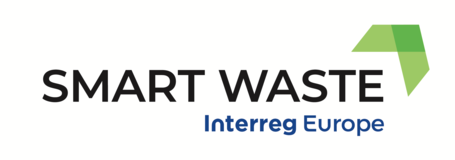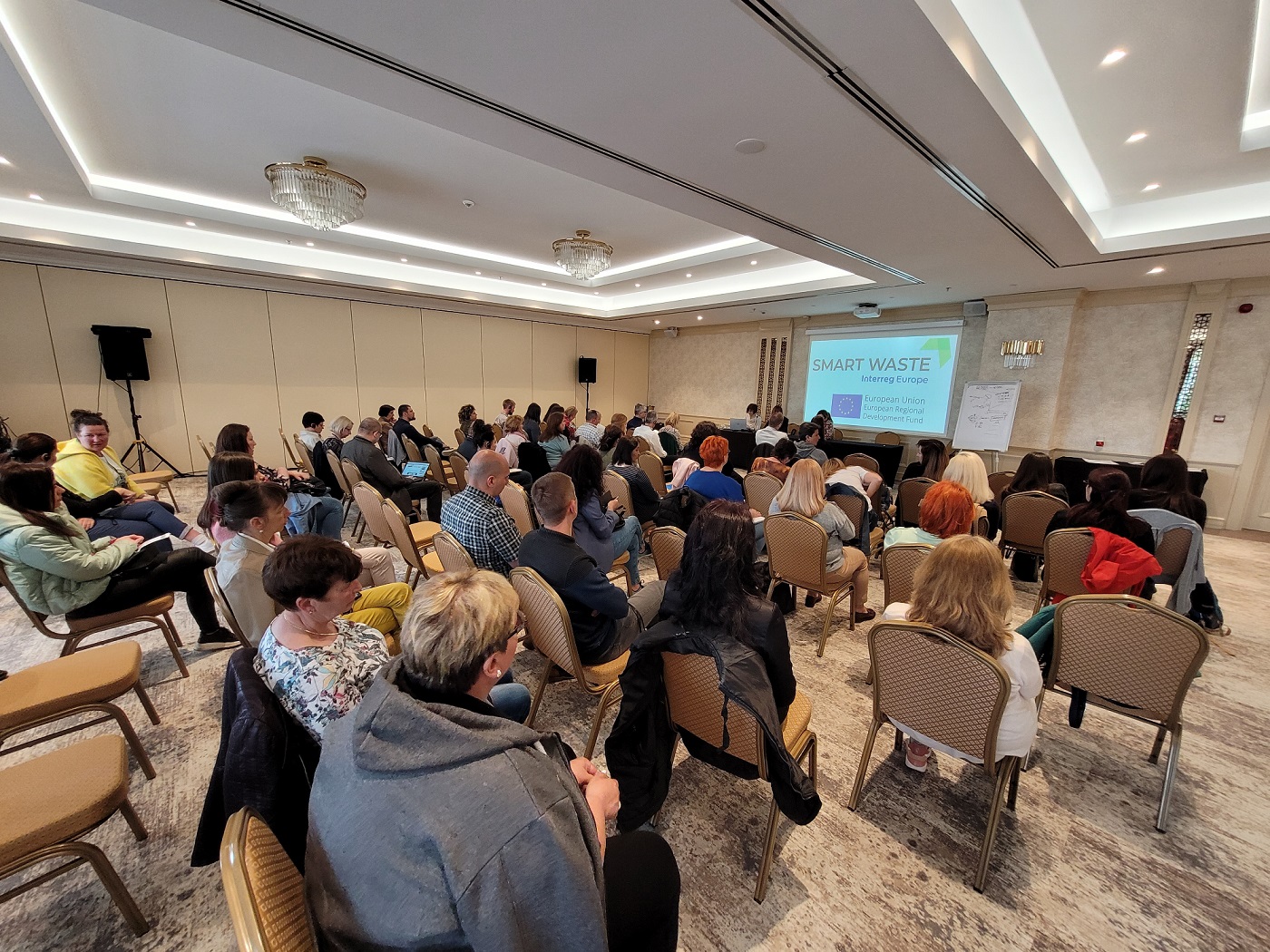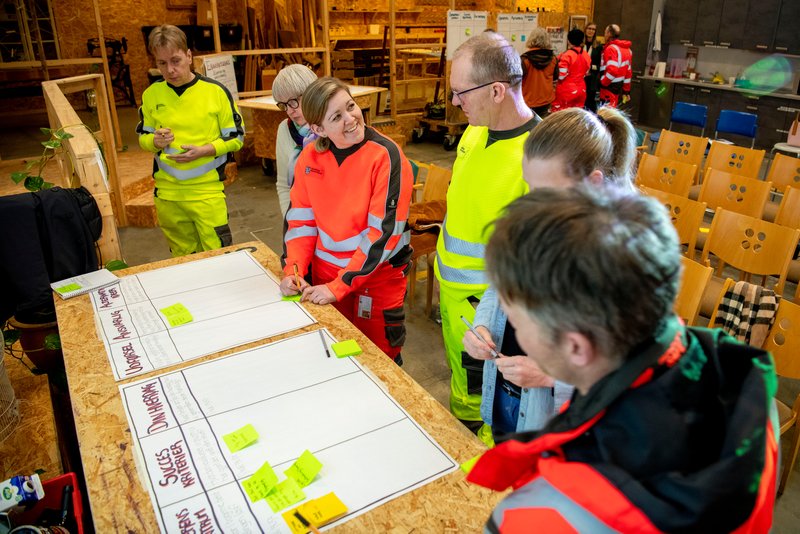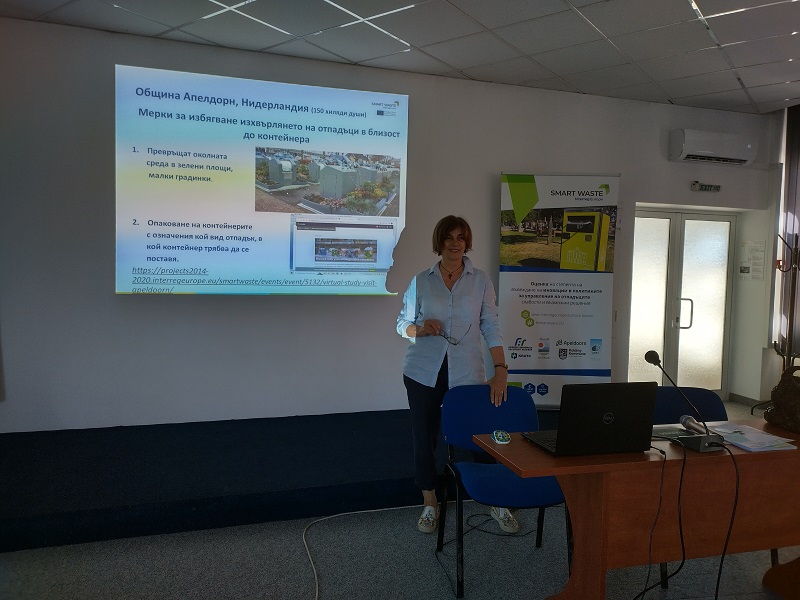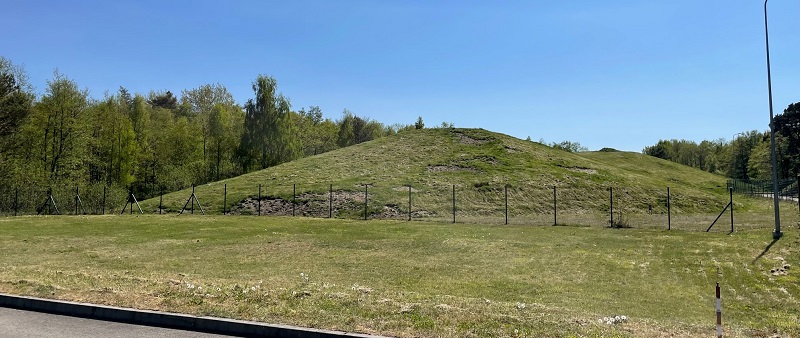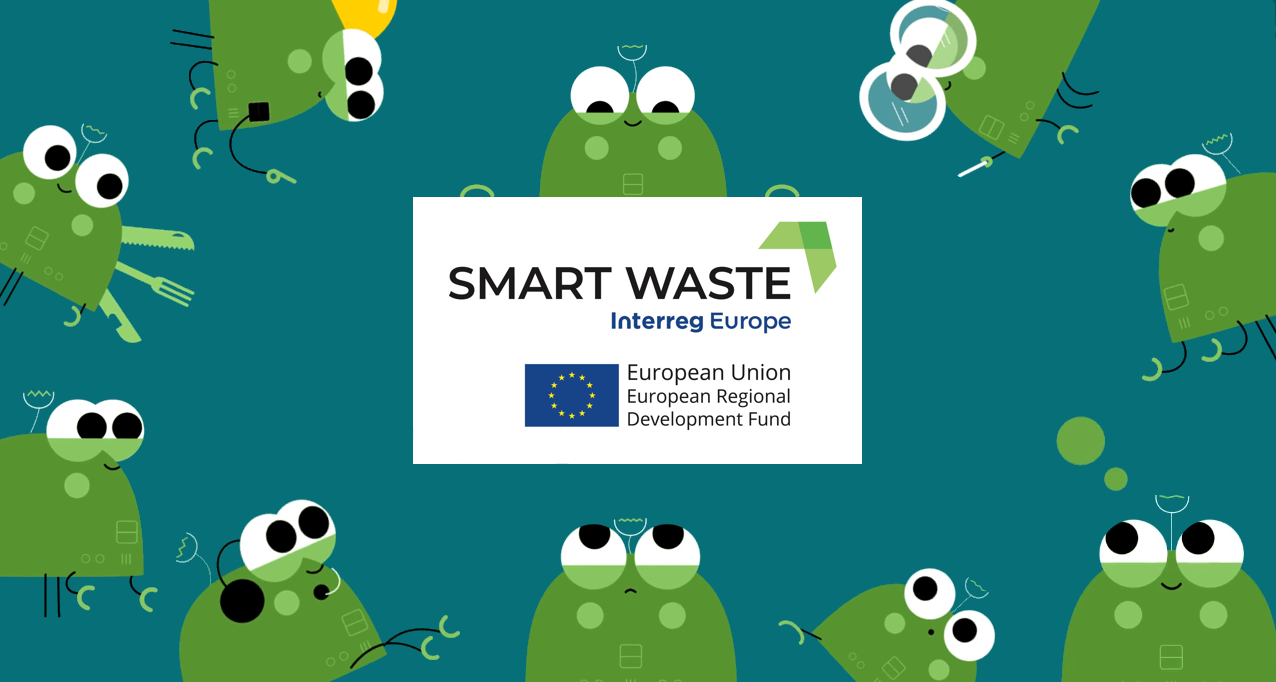In the framework of the SMART WASTE project, Kolding Municipality has been focusing on how to increase citizen participation in waste management decisions. It led to the creation of a common framework for projects and activities, called the Project Kit. The aim is to increase understanding and improve communication, stakeholder involvement, resource management and overall quality and clarity in documentation and results.
An important step in the process was to map good practices and failures at the internal level. This exercise was eye-opening in terms of getting several employees' take on how well (or bad):
- citizens and local companies are involved in designing and implementing policies;
- design tools offered by the municipality as part of the overall design vision are used
- evaluate initiatives and projects (which are actually often not based on documented citizen, company, environmental etc. needs).
Stakeholder interviews pointed to a lack of common understanding of what managing a project must cover. Several people mentioned their frustration with a lack of clear success criteria and process for data collection for evaluation and organizational improvement. This realization was coupled to an existing mission to create more structure and common processes in projects and project-related work.
The current focus on the Project Kit is to make both the project level and the overview level easy to use. Kolding Municipality is looking for the right KPI's and goals. They have to be linked to simple and easy-to-use-and-understand project descriptions, that can be used regardless of level of professional experience and expertise. This work requires some trial and error and takes time to adapt to praxis. The format of delivery for the UI (User Interface) to use a term from the world of digital development (though the Kit is not necessarily based on a digital platform) is currently under construction.
The Project Kit is being implemented in Kolding’s new municipal Waste Management Plan (WMP) with internal discussions taking place in order to determine how to adopt the Project Kit as a key tool. The basic principles of the Project Kit are already at work in the Waste Management Plan, which is heavily rooted in the design-oriented approach, as described in a previous article. Workshops and questioners have been used to get feedback from employees, citizens, politicians and local businesses, and thus address the weakness of insufficient inclusion and feedback that was previously identified by the SMART WASTE project.
Applying the Project Kit to the WMP will strengthen its execution and evaluation. The goal is to create a tool that anyone can use to improve their strategic development regardless of their previous level of experience and professional background. The tool also provides information that mitigates the serious weakness of person-centered knowledge and projects, which leave the organization vulnerable when employees move on. The tool is designed to facilitate a better sharing of knowledge and a central overview that creates a common understanding that anchors projects to the organization instead of the individual.
The next step is to secure a framework for the waste management plan that allows for measurable evaluations, both for the overall plan and the many sub-projects it will spawn.
